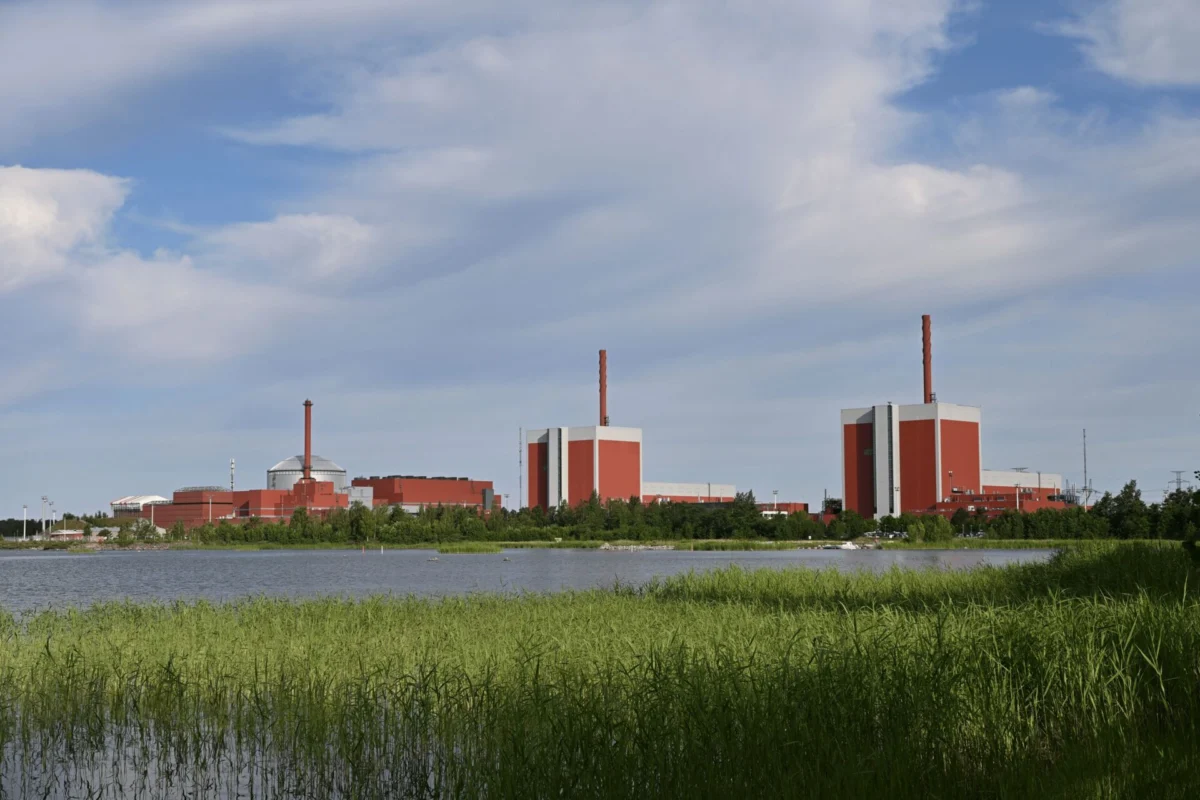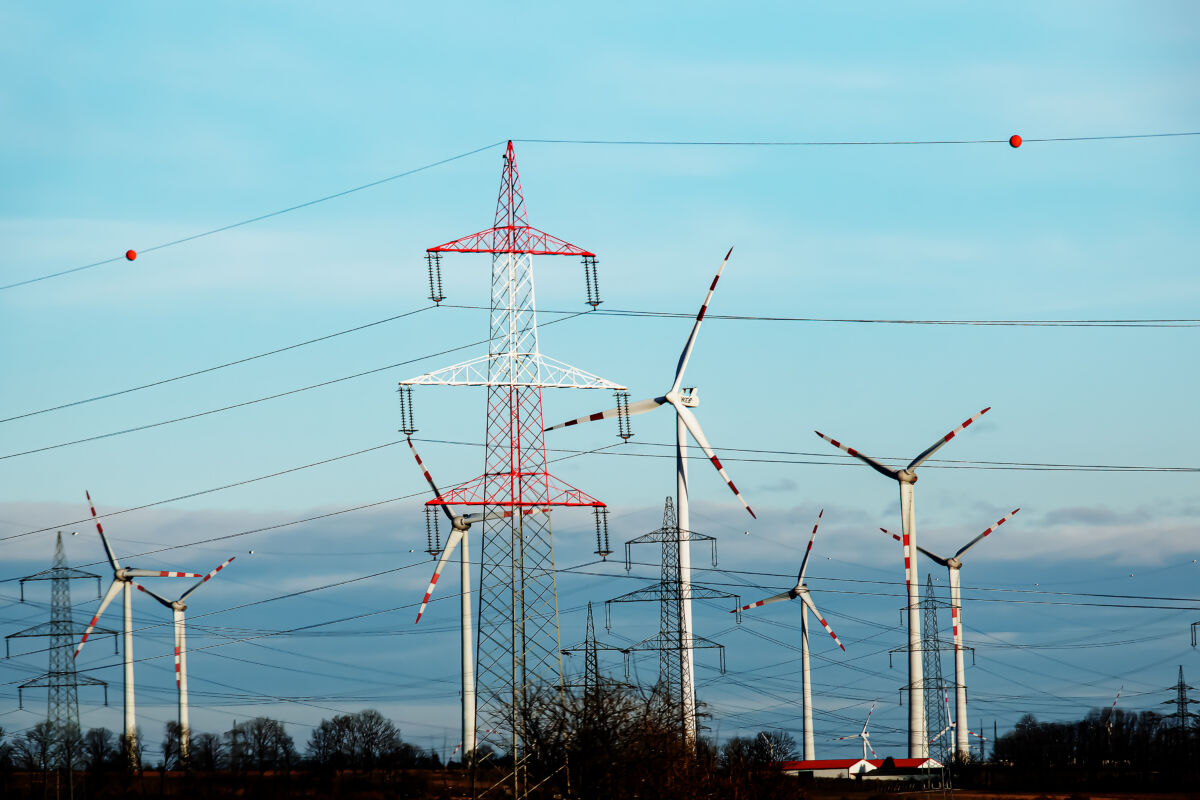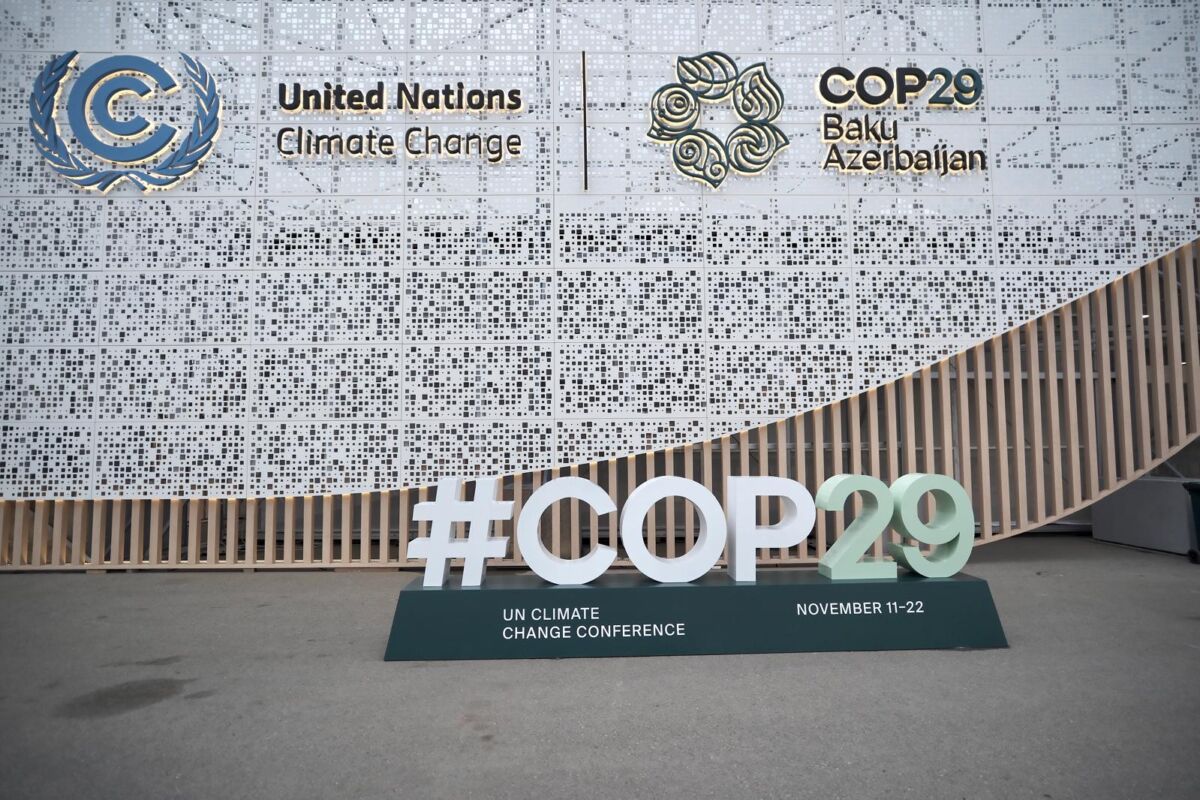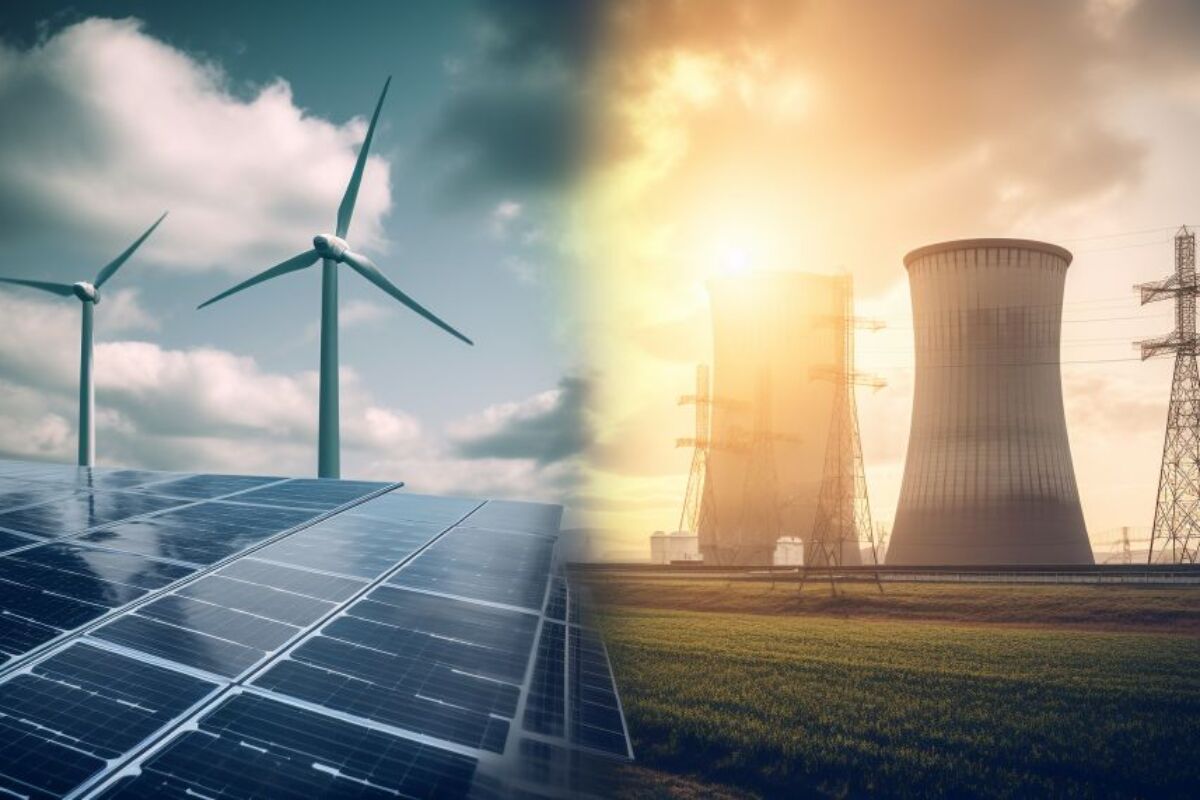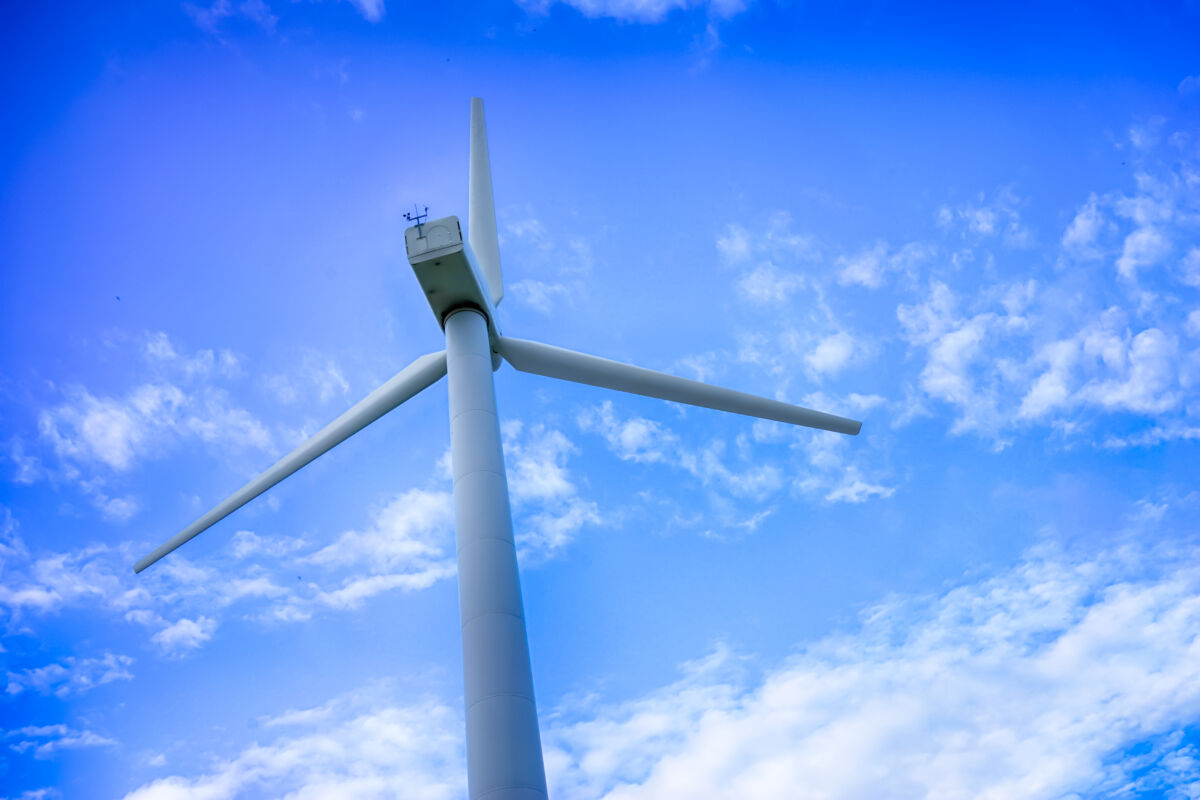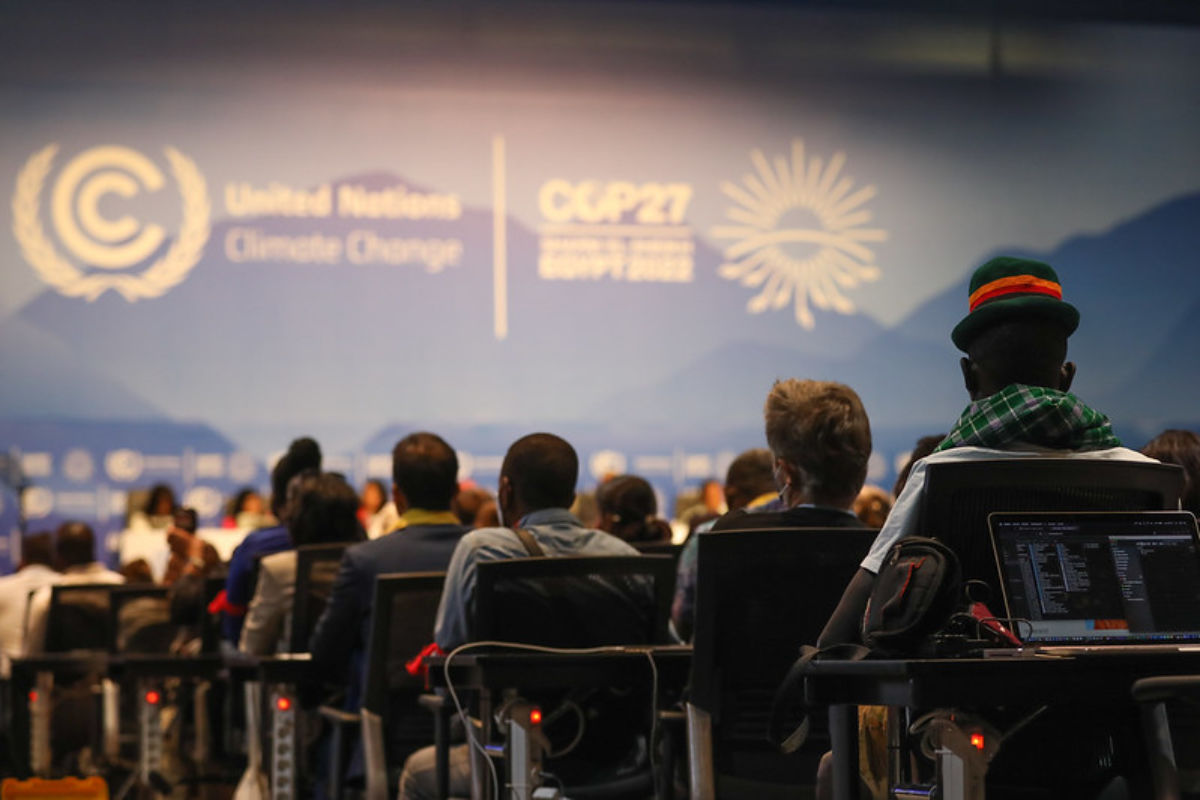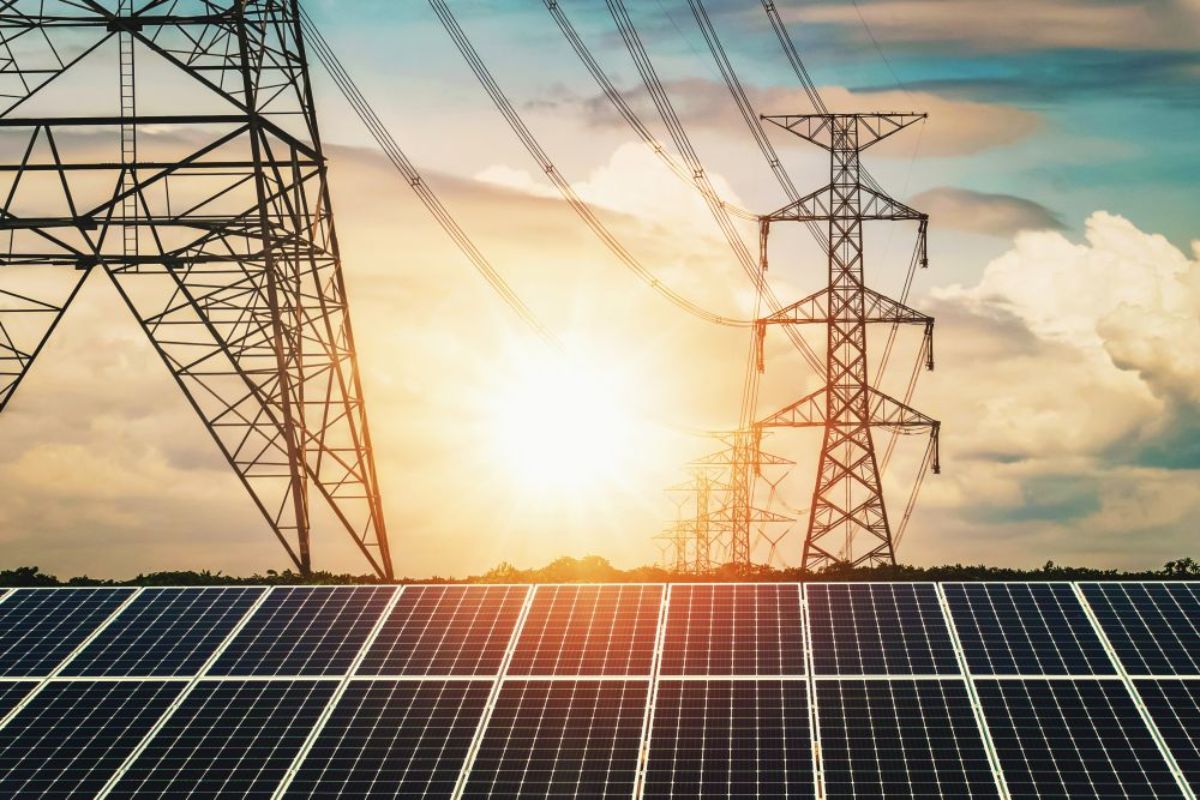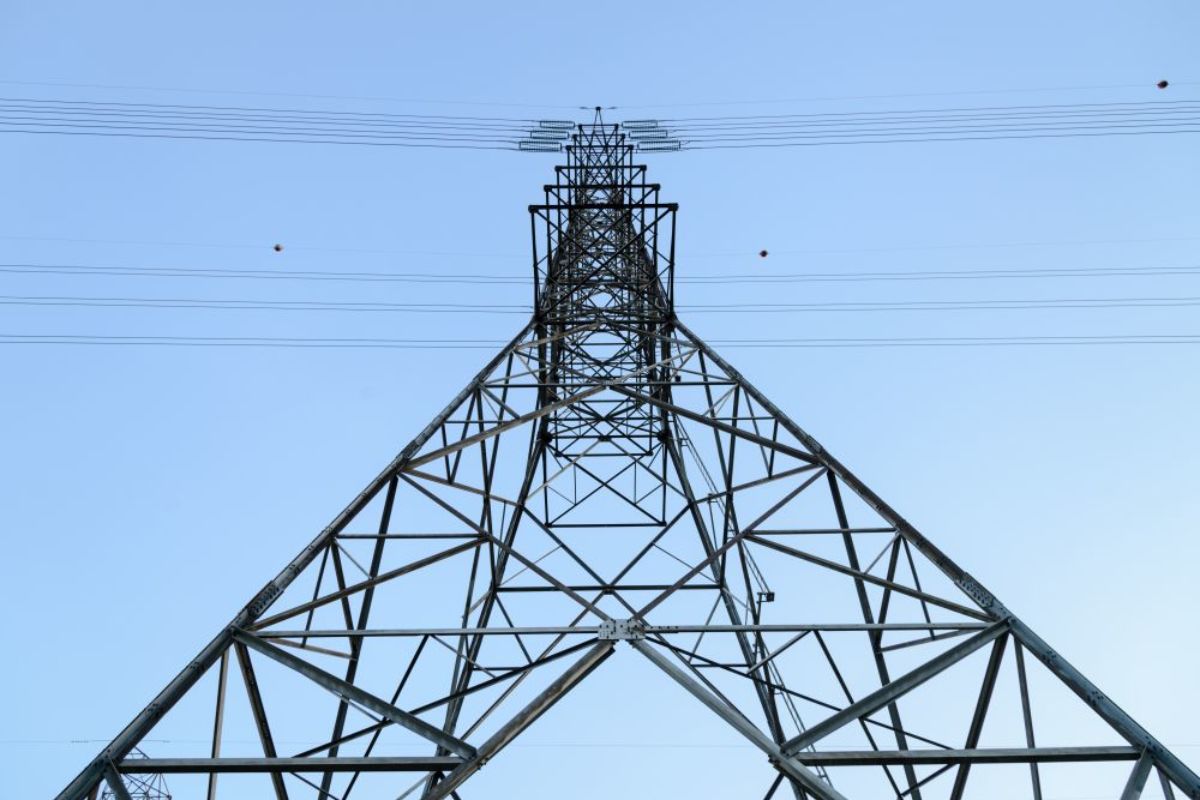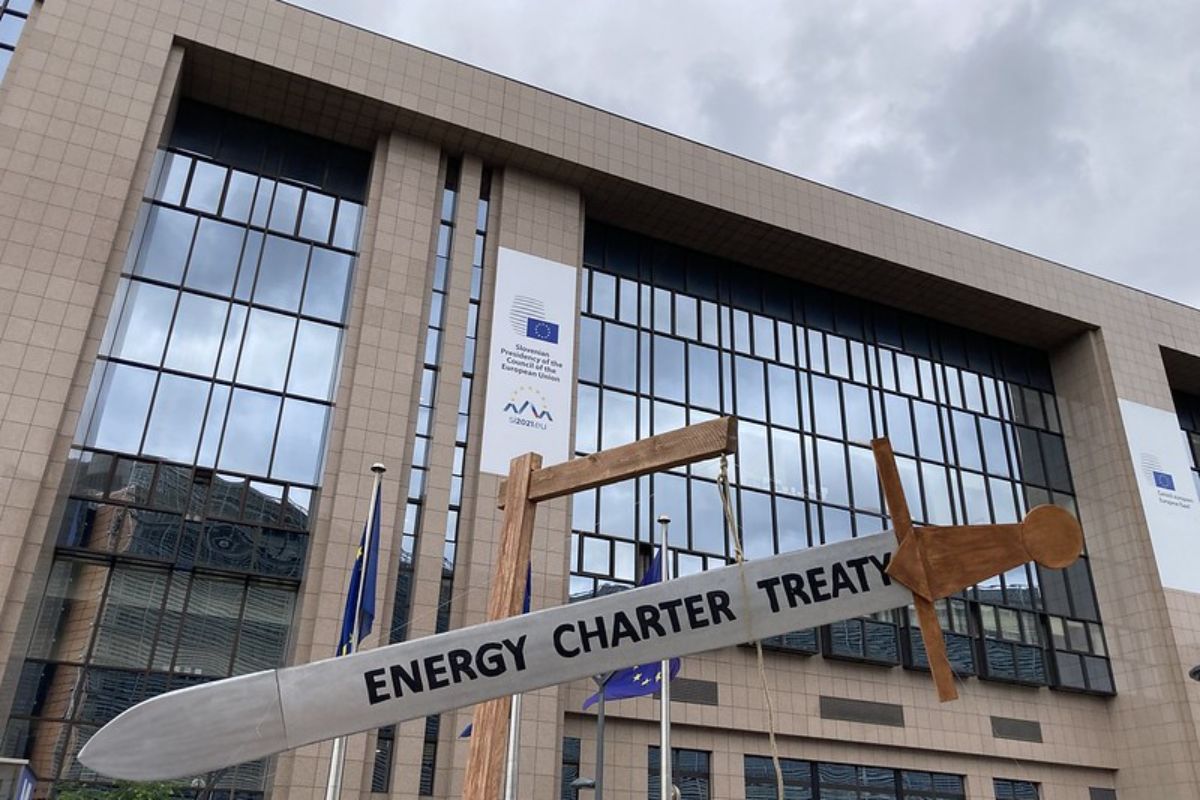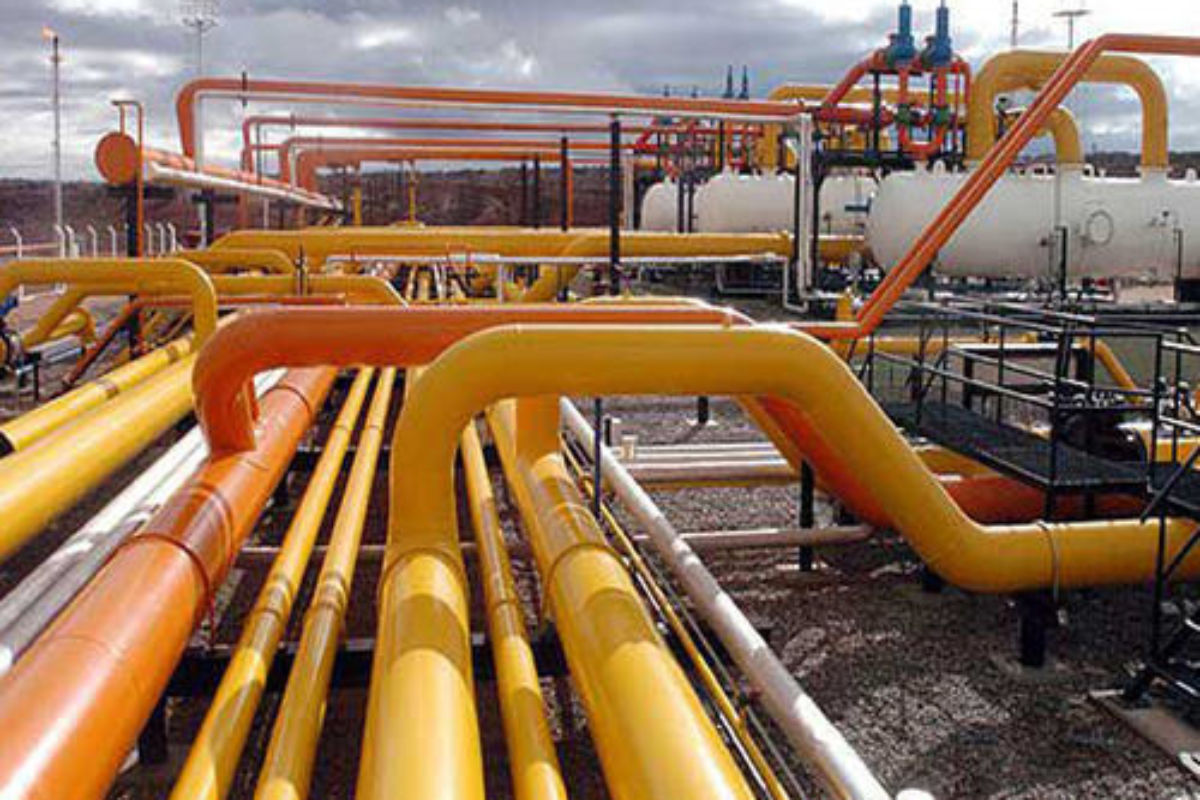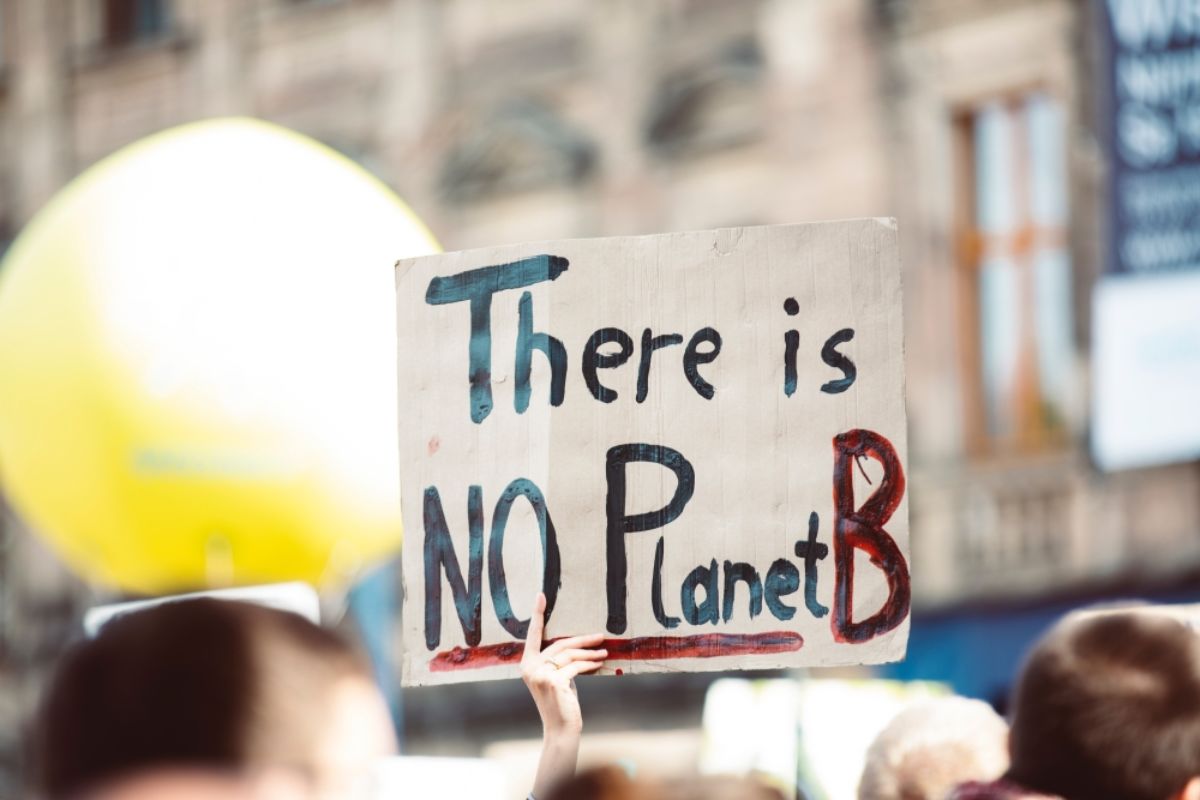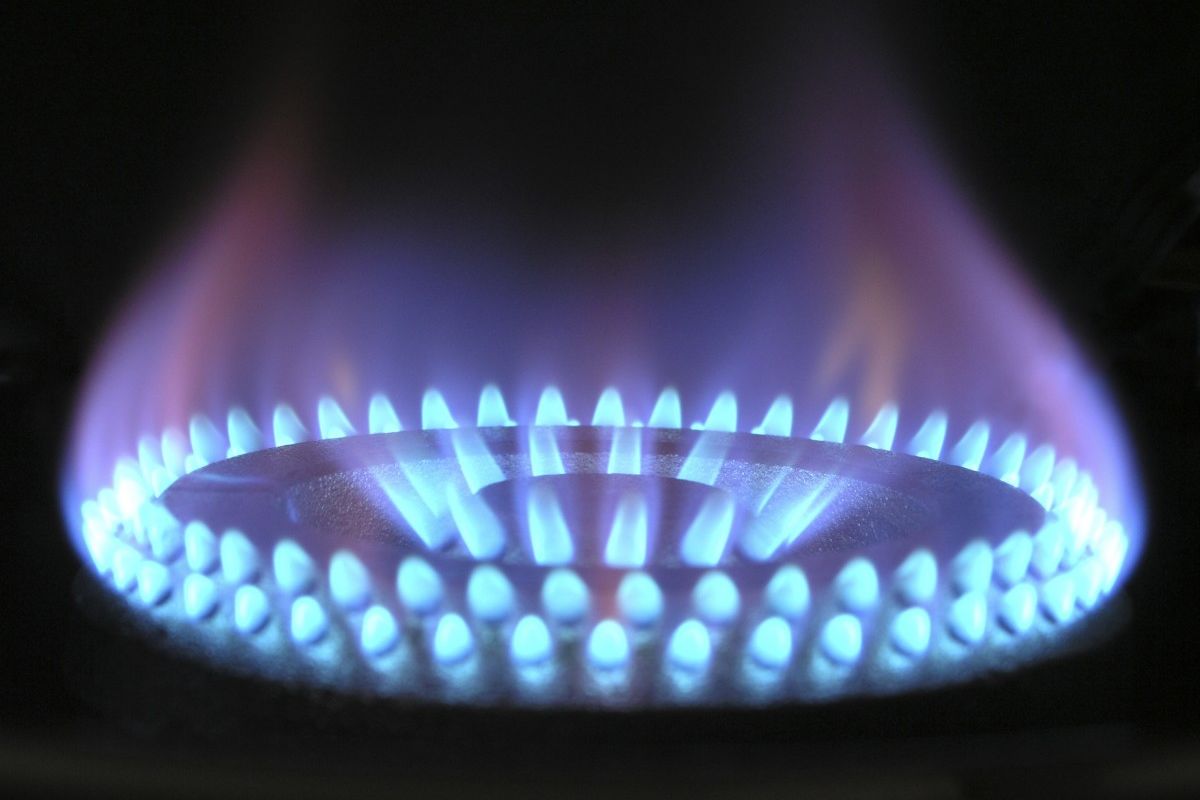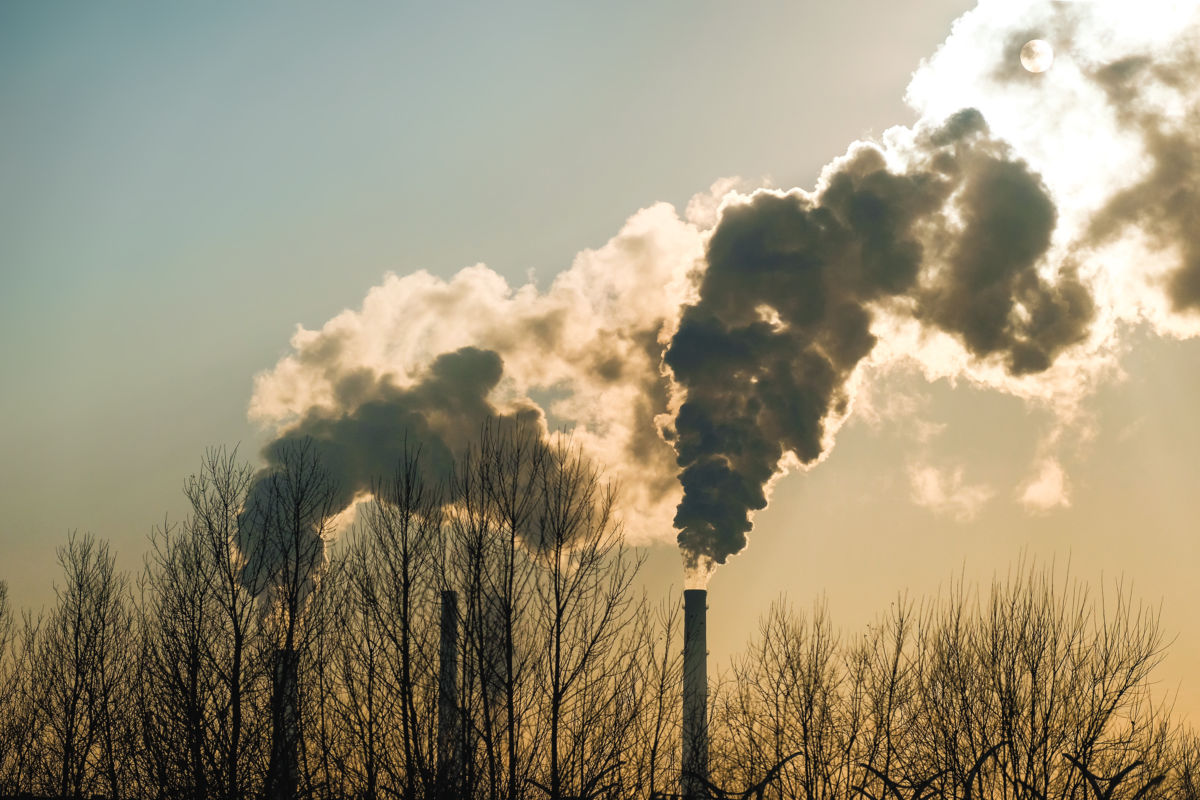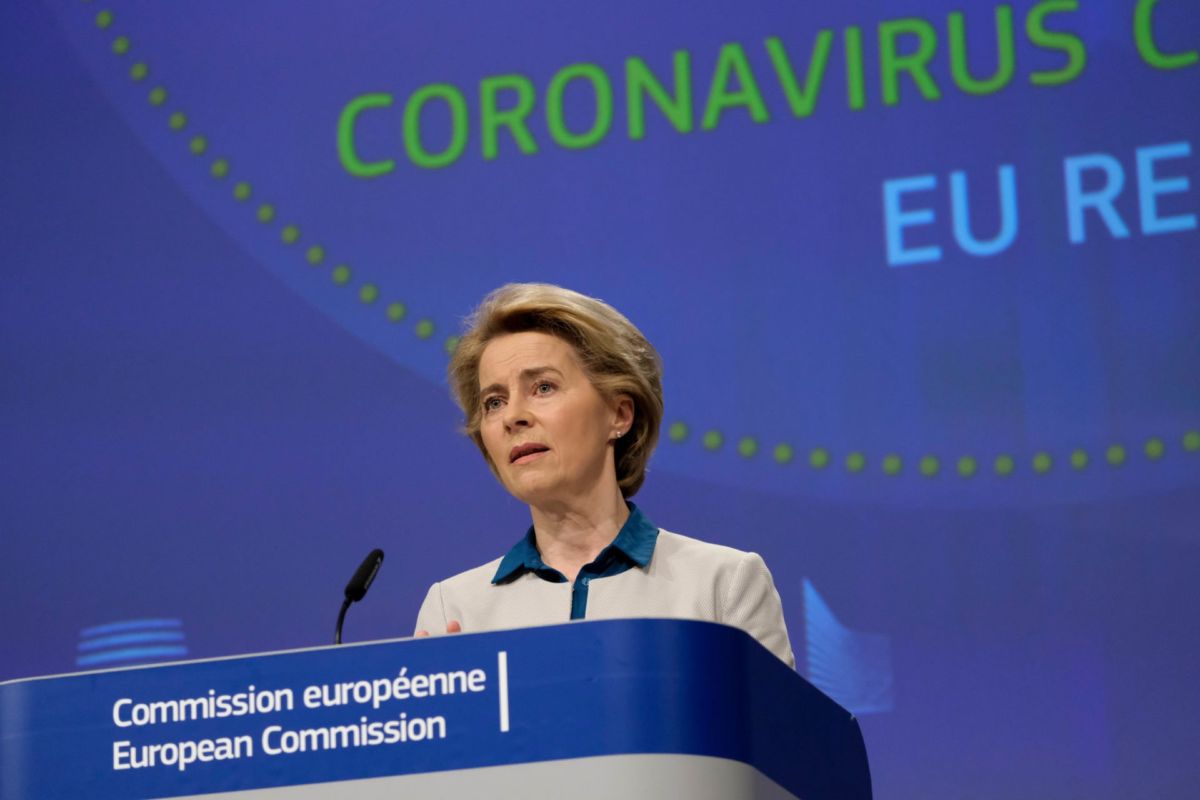The EU is strongly committed to integrating the Western Balkans into its energy and climate frameworks as part of the enlargement process. It also provides financial support for the region’s transition to sustainable energy systems. The Instrument for Pre-Accession III, the Reform and Growth Facility and the EU Energy Support Package together provide more than EUR 20 billion in grants and loans for all sectors.
In the energy sector, new funding under the EU Growth Plan for the Western Balkans is supposed to speed up action on the commitments made under the Energy Community Treaty, which links the EU neighbourhood to the EU energy market. This should boost the region’s ongoing EU accession negotiations.
However, meeting these commitments is about more than just the Western Balkans complying with the Energy Community Treaty. It’s equally a precondition for reforming the electricity sector and, consequently, unlocking new private investment for a sector that’s currently in distress. The electricity and heat sector alone will require investment of some EUR 31-36 billon, according to the Energy Community Secretariat.
National Energy and Climate Plans – a solid springboard
An immediate starting point is to implement the National Energy and Climate Plans (NECPs) and establish an effective framework for monitoring emissions. The NECPs provide a roadmap for aligning with EU energy and climate policies. The legal and political foundations already exist – specifically in the Energy Community Treaty, the 2020 Green Agenda for the Western Balkans and the EU regulation that governs the Energy Union.
In 2021, the Energy Community adopted a recommendation for developing and implementing the NECPs. This mirrors the EU governance regulation for the Energy Community and sets out a non-binding yet structured process for submitting plans, covering content, timelines, and reporting.
The Green Agenda for the Western Balkans was also endorsed at the 2020 Sofia Summit. It commits the region to preparing NECPs in line with the EU’s Green Deal and climate neutrality objectives.
In 2022, the Energy Community adopted a Monitoring, Reporting, Verification and Accreditation (MRVA) package. This extends the central provisions of the EU Emissions Trading System to the Western Balkans, as well as obligations under the Monitoring and Reporting and Accreditation and Verification Regulations.
Slow progress…
Each Western Balkan country was legally obliged to enact the necessary laws by 31 December 2023 and start enacting them no later than 2024. The aim is full operationalisation by 1 January 2026.
Encouragingly, all Western Balkan countries have submitted draft NECPs to the Energy Community Secretariat. On top of many other things, they specify emission reduction targets for 2030 and outline policies on how to achieve them.
But when it comes to monitoring, reporting and verification – which are critical for tracking progress – there’s unfortunately a lag between high-level planning and on-the-ground capability. According to the 2024 Energy Community report, progress has been mixed. Most countries have not yet set up their national emissions inventory systems, let alone met the obligations under the 2022 MRVA package.
This slow progress partly stems from a lack of political will but that’s not the only reason. Western Balkan countries face many common challenges when translating EU frameworks into fully functional systems. These challenges reflect broader structural weaknesses in institutional capacity, financing, coordination and digital infrastructure.
To improve the availability and quality of data, institutional capacity must be strengthened. National authorities – mainly environment or energy ministries – tend to be understaffed or short of expertise (or both). The World Bank concludes that most climate institutions in the Western Balkans are only at the ‘nascent’ or ‘emerging’ stages of maturity.
Another upcoming obstacle is the scarcity of independent, accredited verifiers. Under the MRVA package, they’re responsible for verifying company emission reports. Most Western Balkan countries have national accreditation agencies, such as for standards and lab certifications.
What’s really needed now is for these agencies to provide GHG verification services.
Yet financial constraints are a major problem. Relevant ministries and agencies in the region often lack continuous funding for MRVA-related activities such as inventory updates, data systems or training. Donor-funded projects tend to fill the gap. That’s why dedicated EU funding could really help here.
A longer-term issue is the need for digitalisation, notably within the ministries and their agencies. According to the UN E-Government Development Index, Western Balkan countries are ranked low in terms of digital capacity. The MRVA system depends on electronic platforms where companies can submit monitoring plans, annual emissions reports and verification statements – and where authorities can review and store this data.
Igniting political momentum
Some Western Balkan countries have begun developing MRVA systems. To accelerate progress, the technical and institutional hindrances need addressing, which could be facilitated by the Energy Community Secretariat in cooperation with the European Commission.
Still, the situation calls for more political will from the Western Balkans. This could be helped by incentives that go beyond ‘technical assistance for membership prospects’. Is the EU open to supporting the credible linking – if not integration – of the region into the EU’s carbon market, and exploring carbon pricing options as discussed in a recent report? Or can the coupling of electricity markets be accelerated?
If any of these options were to become realistic, it could provide a much-needed boost for action. It could not only increase the candidate countries’ EU membership chances but also pave the way for vital investment in the region’s power sector.
If pursued, these options really could be an important step forward to locking the Western Balkans into the EU framework in line with a more gradual integration model to stimulate real reform in the region.
Damir Dizdarević is Programme Coordinator at the Foundation BFPE for a Responsible Society. This commentary is based on a longer CEPS Explainer on GHG emissions in the Western Balkans which can be accessed here.



